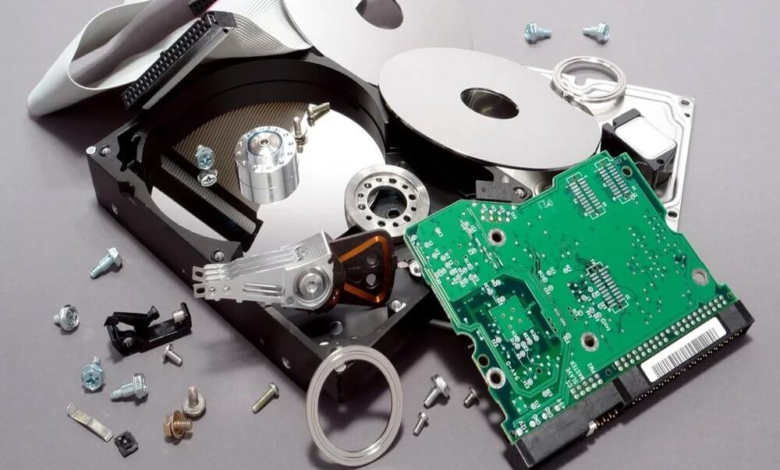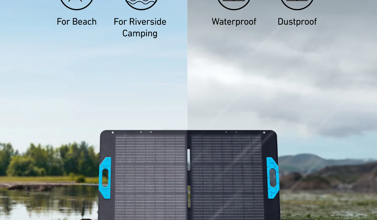Best Practices for Data Destruction: A Comprehensive Guide for Businesses

In today’s digital age, data is one of the most valuable assets for any business. However, when it comes time to dispose of old computers, servers, or storage devices, it’s crucial to ensure that sensitive data is securely destroyed. Failure to do so can result in data breaches, identity theft, and severe legal and financial consequences. In this comprehensive guide, we will explore the best practices for data destruction that businesses should follow to protect their confidential information.
Why Data Destruction Matters
The importance of data destruction cannot be overstated. Data that is not properly wiped or destroyed can be retrieved by unauthorized individuals, putting both your business and customers at risk. In addition to the security risks, improper data disposal can lead to non-compliance with regulations such as the General Data Protection Regulation (GDPR) or the Health Insurance Portability and Accountability Act (HIPAA).
To avoid these risks, businesses must adhere to strict data destruction protocols.
1. Understand Your Data
Before you begin the data destruction process, it’s important to assess what types of data are stored on your devices. Different types of data require different destruction methods. Confidential business information, customer data, financial records, and intellectual property must all be handled with the utmost care.
2. Use Secure Data Wiping Tools
When dealing with digital storage devices such as hard drives, SSDs, or flash drives, simple deletion or reformatting won’t suffice. Secure data wiping tools are essential for ensuring that data is completely erased and cannot be recovered. Look for software that meets industry standards for data erasure, such as the DoD 5220.22-M or NIST 800-88 guidelines.
3. Physical Destruction of Hardware
In some cases, physical destruction of hardware is the best way to ensure data security. Degaussing or shredding hard drives, for example, renders the device unreadable and irreparable. This is particularly effective when dealing with older or malfunctioning devices that are no longer in use.
4. Work with a Certified Data Destruction Service
Partnering with a certified data destruction service can give your business peace of mind. These experts have the tools, training, and knowledge to safely destroy your data while ensuring compliance with legal and regulatory requirements. Look for a company that is certified by trusted standards such as ISO 27001 or NAID (National Association for Information Destruction).
5. Keep Records of Data Destruction
Maintaining a detailed record of all data destruction activities is crucial for demonstrating compliance with data protection laws. Keep a log of when and how the data was destroyed, as well as the serial numbers of the devices that were processed. These records can be invaluable in case of audits or legal inquiries.
6. Plan for Ongoing Data Destruction
Data destruction shouldn’t be a one-time event. As your business grows, you will accumulate more devices that need to be securely wiped or destroyed. It’s essential to develop an ongoing data destruction policy that ensures your business stays compliant and your data stays secure.
Conclusion
Effective data destruction is a critical aspect of safeguarding your business’s sensitive information. By following these best practices, you can reduce the risk of data breaches, comply with regulations, and protect your business from costly consequences.
If you’re ready to ensure that your business’s data is destroyed securely and responsibly, contact eCycle Florida today. Our certified data destruction services offer peace of mind, knowing that your sensitive data is gone for good. Reach out to us for a free consultation on how we can help you with all your data destruction needs!
This post was written by Steven Elia Co-Founder and Recycling Director at eCycle Florida. eCycle Florida is a R2 Certified electronics recycling company in the state of Florida. Our processes and procedures are dedicated to the proper destruction and recycling of your electronics. eCycle Florida is your go-to for electronics recycling in Miami.




